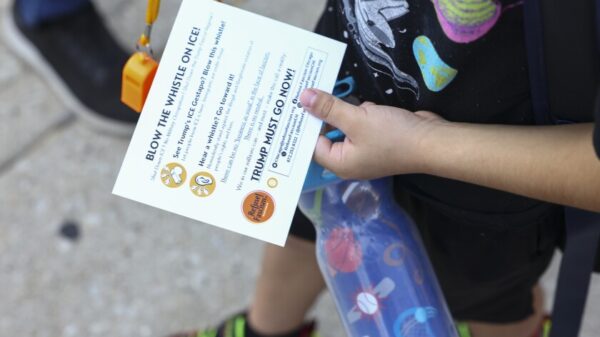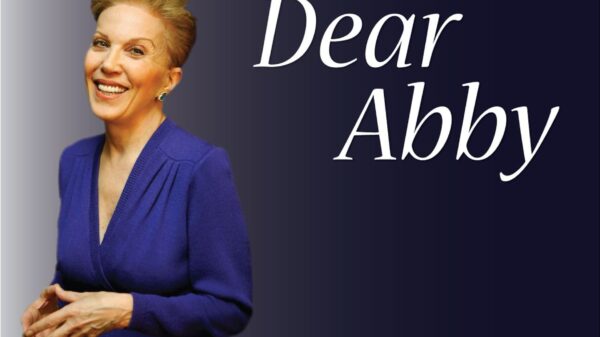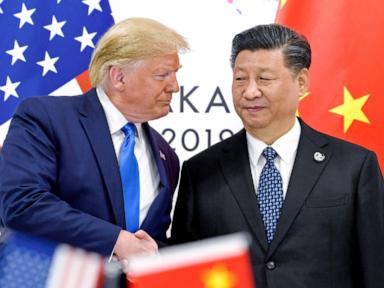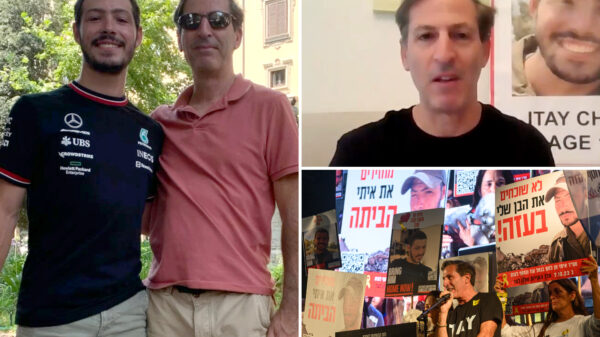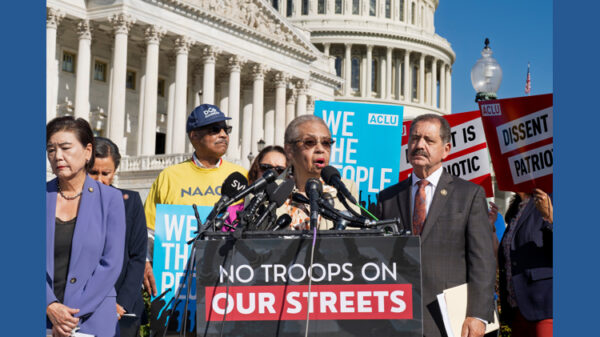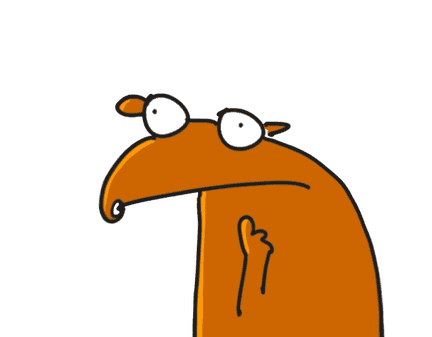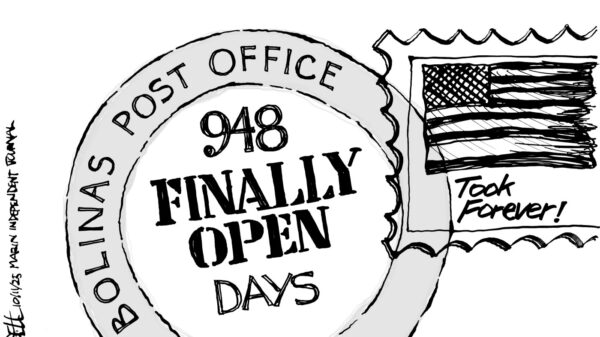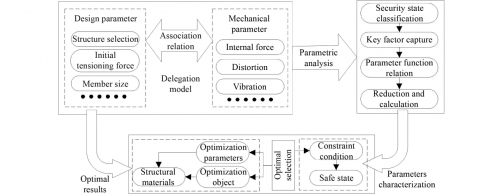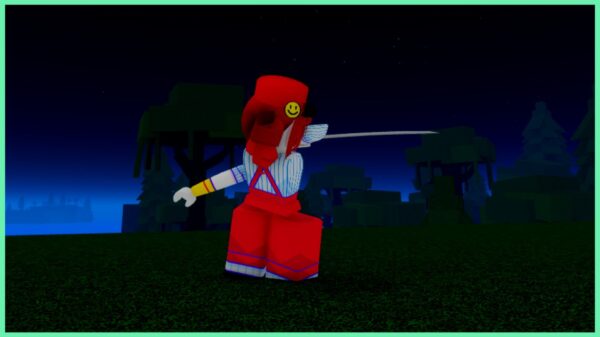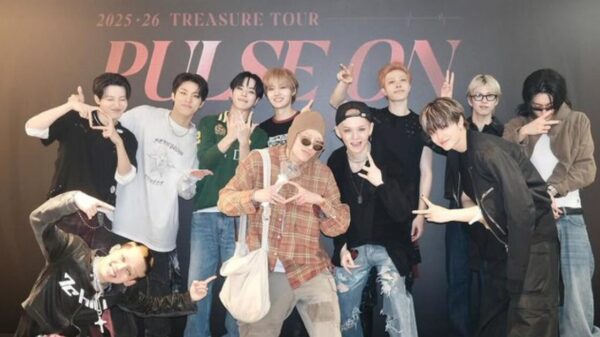Senator David Pocock has been unexpectedly removed from the Australian Parliament Sports Club, sparking intrigue and amusement among political observers. The decision was not due to any unsportspersonlike conduct but rather stemmed from a humorous misunderstanding involving the club’s membership policies.
The incident unfolded following a light-hearted commentary from the satirical cartoonist known as First Dog on the Moon. The cartoonist’s work often satirizes political figures and events, and this time it included an exaggerated depiction of Senator Pocock’s membership in the sports club. The drawing suggested that Pocock’s presence was not aligned with the club’s traditional values, leading to his removal.
Pocock, who is a well-known advocate for environmental and social issues, has garnered both support and criticism during his tenure as a senator. His unexpected ousting from the sports club has drawn attention not only for the light-hearted nature of the situation but also for the broader implications regarding the intersection of politics and public image.
In response to his removal, Pocock expressed his surprise but maintained a humorous outlook on the situation. He noted that while the decision was unexpected, it highlighted the often absurd nature of political life in Australia. The senator remarked, “I guess my membership was too much for them to handle.”
This incident serves as a reminder of the sometimes comedic elements present in political discourse. The Australian Parliament Sports Club, while intended as a space for camaraderie among lawmakers, has now found itself at the center of a humorous debate about membership qualifications and the portrayal of politicians in popular culture.
As this story continues to circulate, it reflects the unique relationship between politicians and the media, particularly in a landscape where satire plays a significant role in public perception. The lighthearted nature of this event has resonated with the public, demonstrating that politics can be both serious and amusing.
Ultimately, this incident encapsulates a moment in Australian political culture where humor and politics intersect, showcasing the lighter side of legislative life.

